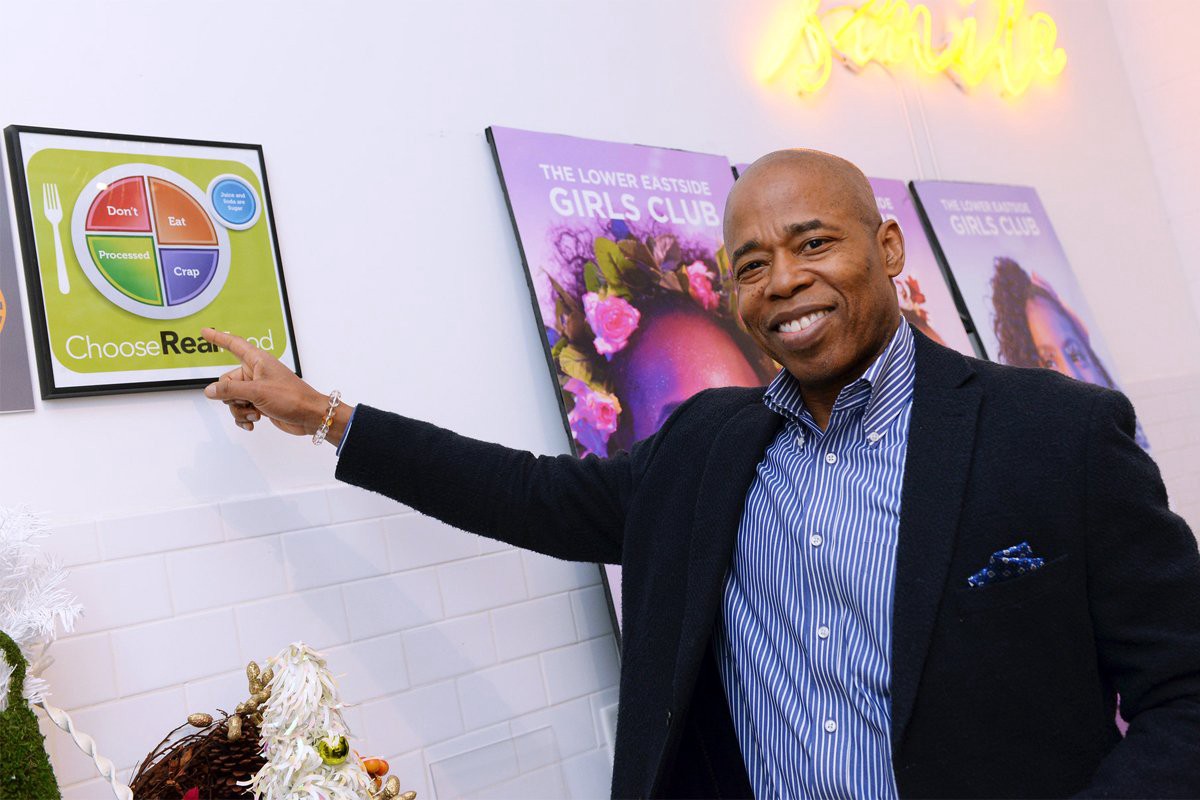Medium, January 25, 2022
Recent excitement around Eric Adams, the newly inaugurated mayor of New York City, among prominent voices and groups within the animal rights and vegan movement gives us pause. As the term vegan or its respectability counterpart ‘plant-based’ gains prominence and adherents, many activists are quick to add high-profile figures to an ever-changing list of prominent vegans and plant-based eaters, hopeful that the existence of people who society already finds exciting or credible gives our movement itself credibility. It’s part of the underlying, often unexamined belief that visibility and respectability equate to advancement, progress, and social power. But the enthusiasm around Adams — who ran on a platform of anti-progressive, “conservative on crime” policies deeply misaligned with any movement for liberation — provides a case study in the challenges that come from championing celebrity vegans for their diets alone.
Many who are touting Adams’ rise as a victory for the vegan and food justice cause are progressive and are eager to see animal rights become a more inclusive movement. However, to social justice activists on the outside, support for Adams looks like doubling down on one of the most frequent criticisms of vegans and food activists generally: that we comprise a single-issue movement made up of individuals with otherwise inconsistent, status quo, and often conservative politics.
Adams himself clearly understands the movement as a single-issue cause divorced from broader movements for social justice. In the summer of 2020, Adams was a guest on the podcast of a former professional animal rights advocate who left the movement amid an accountability campaign asking him to answer to allegations of sexual misconduct. Adams returned to that same show to celebrate his mayoral win. Presumably, this is who Adams thinks of as his community when he talks about his veganism.




